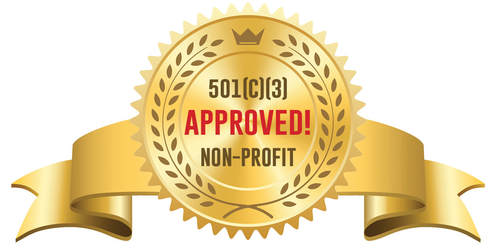As a socially conscious individual, you likely share the dream of a world where everyone has access to clean water and basic sanitation. In 2015, the United Nations adopted the 17 Sustainable Development Goals (SDGs) to address global challenges and achieve a better and more sustainable future for all by 2030.
Among these goals, SDG 6: Clean Water and Sanitation aims to ensure the availability and sustainable management of water and sanitation for all[^1^].
The Importance of SDG 6: Clean Water and Sanitation
The Current Global Water Crisis
Currently, about 2.2 billion people worldwide lack access to safe drinking water, while 4.2 billion people do not have access to adequate sanitation services[^2^]. This crisis disproportionately affects women and girls, who are often responsible for collecting water and are vulnerable to violence and health risks associated with poor sanitation[^3^].
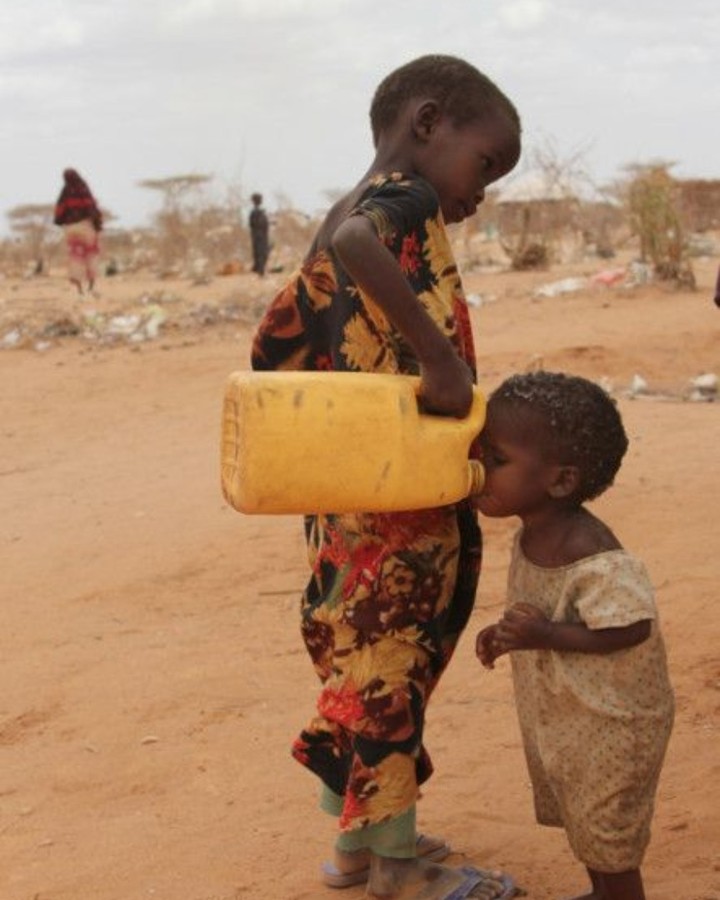
Health and Economic Implications of Poor Water and Sanitation
Lack of clean water and sanitation leads to numerous health issues, such as diarrheal diseases, which claim the lives of approximately 297,000 children under five every year[^4^]. Furthermore, inadequate water and sanitation have significant economic implications, including decreased productivity, increased healthcare costs, and negative impacts on education and gender equality.
Understanding SDG 6: Targets and Indicators
SDG 6 encompasses eight targets and several indicators to track progress[^5^]. Below is a brief overview of these targets:
SDG 6.1: Clean Water Access
This target ensures universal and equitable access to safe and affordable drinking water for all[^6^].
SDG 6.2: Sanitation and Hygiene
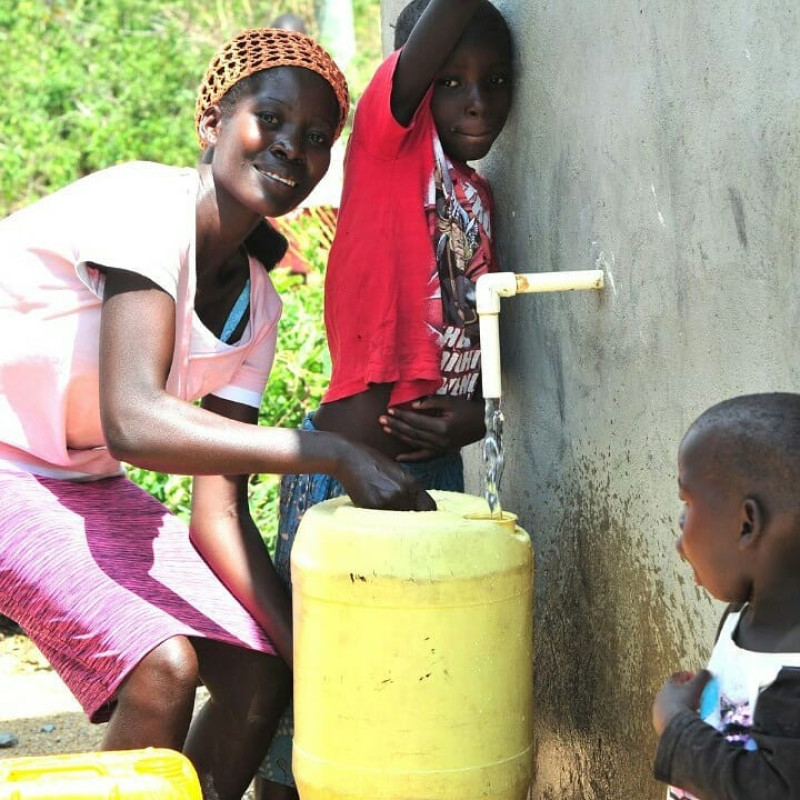
The goal is to achieve access to adequate and equitable sanitation and hygiene for all, with a special focus on the needs of women, girls, and those in vulnerable situations.
SDG 6.3: Water Quality and Wastewater Management
This target addresses improving water quality by reducing pollution, eliminating dumping and minimizing the release of hazardous chemicals and materials, and increasing recycling and safe water reuse [^8^].
SDG 6.4: Water Efficiency and Scarcity
The objective is to substantially increase water-use efficiency across all sectors and ensure sustainable withdrawals and supply of freshwater to address water scarcity[^9^].
SDG 6.5: Integrated Water Resources Management
This target aims to implement integrated water resources management at all levels, including through transboundary cooperation as appropriate[^10^].
SDG 6.6: Protecting Water Ecosystems
The goal is to protect and restore water-related ecosystems, including mountains, forests, wetlands, rivers, aquifers, and lakes[^11^].
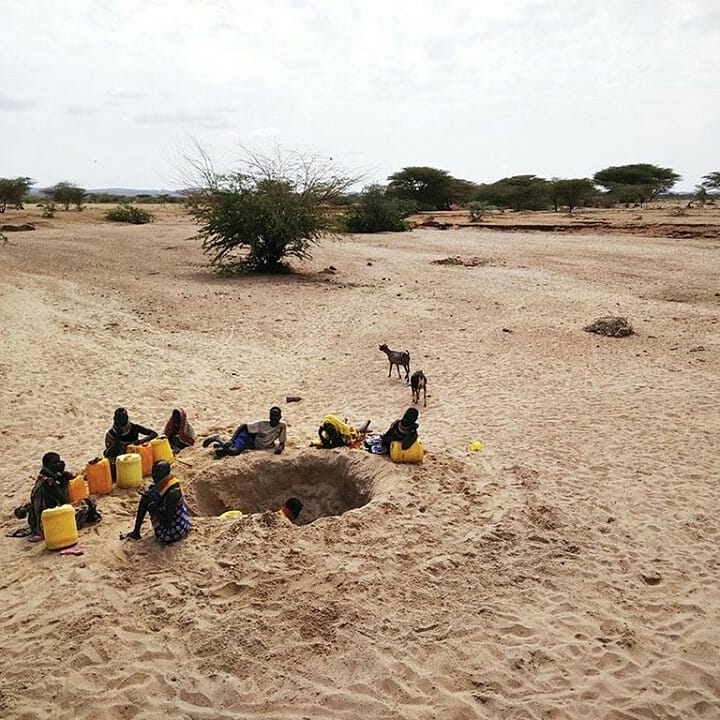
SDG 6. A: International Cooperation and Capacity Building
This target seeks to expand international cooperation and capacity-building support to developing countries in water and sanitation-related activities and programs[^12^].
SDG 6. B: Local Participation in Water and Sanitation Management
The objective is to support and strengthen the participation of local communities in improving water and sanitation management[^13^].
Progress Made and Challenges Ahead
Key Achievements in SDG 6 Implementation
Progress has been made in several areas of SDG 6, including increased access to clean water and sanitation, improved water quality, and enhanced water resources management. Investments in water and sanitation infrastructure have helped millions gain access to essential services[^14^].
Obstacles to Meeting SDG 6 Targets
Despite progress, significant challenges remain. Climate change, population growth, and increased water scarcity exacerbate existing issues. Moreover, unequal distribution of resources, lack of political will, and insufficient funding hamper efforts to achieve SDG 6[^15^].
How You Can Contribute to SDG 6: Clean Water and Sanitation
Raising Awareness and Advocating for Change
As an individual, you can raise awareness about the importance of clean water and sanitation by sharing information and engaging in conversations with friends, family, and colleagues.
Supporting Nonprofits and Initiatives Aligned with SDG 6
Consider donating to nonprofits like Maji na Ufanisi with a proven track record of impact and transparent use of funds, such as those working on clean water projects in Kenya.
Research organizations extensively before donating and look for emotional appeals that highlight the impact of donations and the urgent need for support.
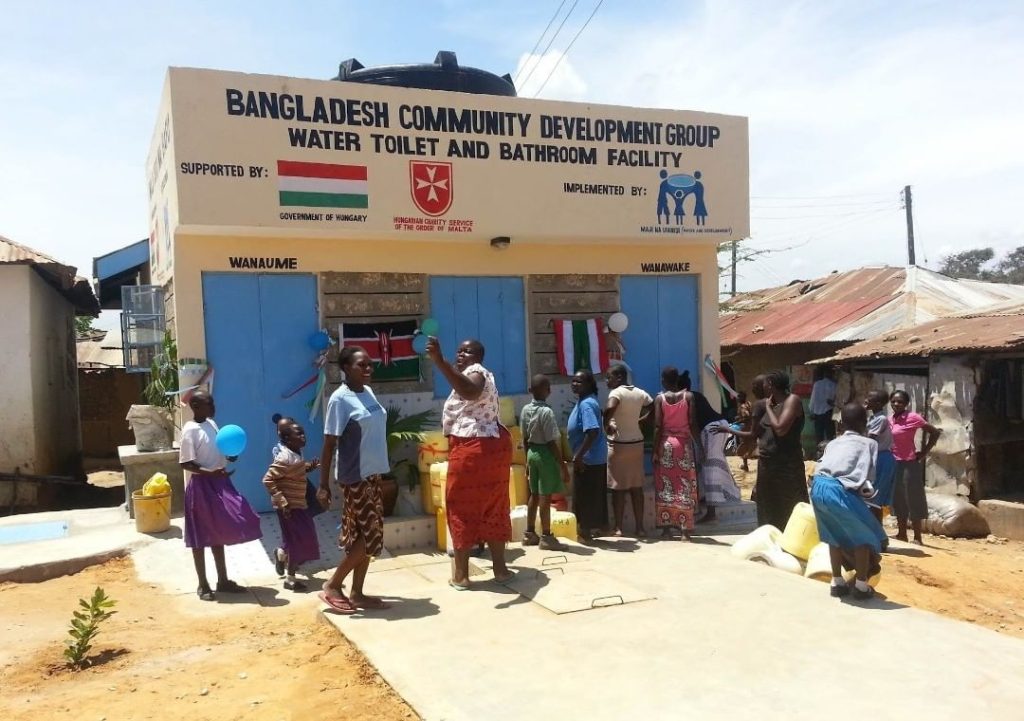
Adopting Sustainable Water Practices at Home and in the Workplace
Implement water-saving practices, such as fixing leaks, using water-efficient appliances, and reusing water when possible. Encourage your workplace to adopt similar measures and consider corporate social responsibility initiatives related to water and sanitation.
Conclusion
Achieving SDG 6: Clean Water and Sanitation is crucial for a sustainable future. By understanding the targets and indicators, recognizing progress and challenges, and taking action as individuals, we can work together to make clean water and sanitation a reality for all. Remember, every drop counts in making a positive impact on the world.
FAQs
- What is the main objective of SDG 6?
- The main objective of SDG 6 is to ensure the availability and sustainable management of water and sanitation for all by 2030.
- Why is clean water and sanitation essential for sustainable development?
- Clean water and sanitation are vital for maintaining good health, improving economic productivity, and achieving gender equality, all of which contribute to sustainable development.
- How can I make a difference in achieving SDG 6: Clean Water and Sanitation?*
- You can make a difference by raising awareness, advocating for change, supporting nonprofits and initiatives aligned with SDG 6, and adopting sustainable water practices at home and in the workplace.
- What are some obstacles to meeting SDG 6 targets?
- Some obstacles include climate change, population growth, water scarcity, unequal distribution of resources, lack of political will, and insufficient funding.
- Why is supporting nonprofits and initiatives focused on clean water and sanitation important?
- Supporting nonprofits and initiatives focused on clean water and sanitation helps drive progress towards achieving SDG 6, improving the health and well-being of millions of people worldwide, and fostering sustainable development.
How can we further promote SDG 6: Clean Water and Sanitation in our communities? Share your thoughts and ideas below!

